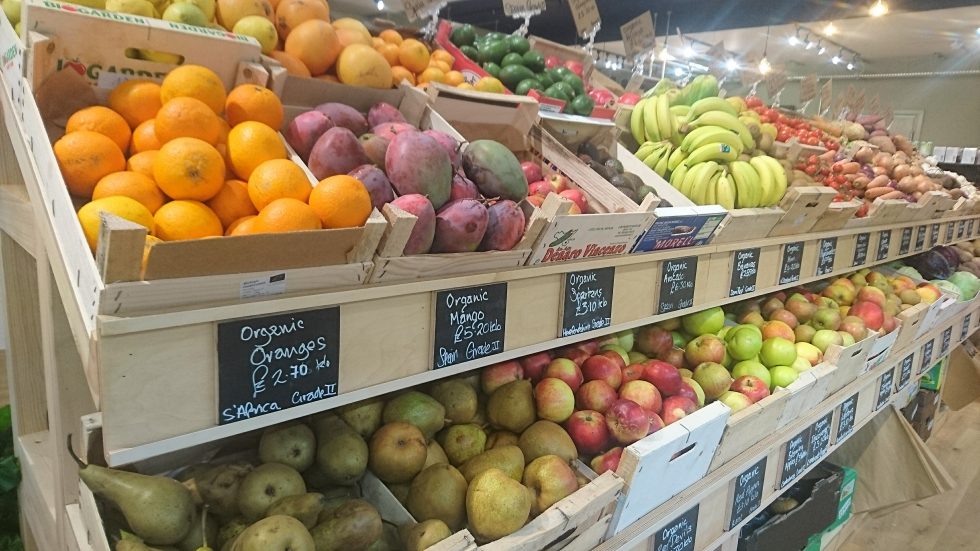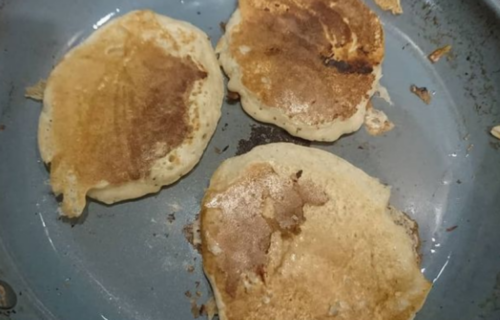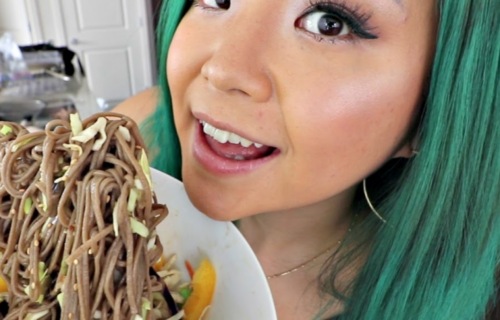
How can I save money on food during lockdown?
Have you found that your food shopping bills have gone up during lockdown? That the ways you usually save money on food aren’t working at the moment?
I surveyed my Reduce Your Food waste Facebook group and over 70% of people who responded said that their bills had gone up.
Why is it hard to save money on food during lockdown?
There are loads of reasons why it is hard to save money on food during lock down. The budget supermarkets either don’t do deliveries or are difficult to get delivery slots at, the kids (and adults) want to snack all day and it makes sense to buy more when you can, in case you can’t get a delivery or the product you like for a while afterwards.
Some of that extra spend is being offset by saving money on the food that can’t be eaten at restaurants and cafes any more. However it is a time when many have had salaries reduced or have been made redundant and money is tight.
Happily there are ways to save money on food, even in these difficult times. In this article I’m going to give you some tips and tricks on how to do it.
How to get the best price on the food that you buy
At the moment a lot of the usual ways to save money on food at the supermarket are tricky. Foods fluctuate in price across package sizes, brands, times of year and supermarkets. These days most of us want to, or have to shop less often. It means we are more likely to need to buy what is available rather than what is the best value for money.
1. Look outside of the supermarkets
The supermarkets aren’t the only place you can shop. There are lots of online stores and a large number of local shops have now got, or are in the process of setting up delivery or click and collect options. Don’t assume that the supermarket is always the cheapest place to shop. It is well worth having a look into the alternatives. Check out this list of 15 supermarket alternatives *Ad*.
2. Buy in bulk
Bulk can mean various things. In this context I mean buy in large quantities. You could buy a big sack of flour, a giant tub of marmite or a large container of soy sauce.
If you buy a big sack of something, it means that you swap lots of small packaging for one big item of packaging. It can work out to mean you bring home less packaging overall. You may also save money by buying in bulk, but don’t assume that and do price checks first. Before you shop check out my article on the pros and cons of buying in bulk to see if / when it is right for you.
3. Compare prices across the supermarkets and try new brands to save money on food
If you are ordering online from supermarkets you can easily compare prices. Either by doing a comparison yourself or by using the supermarket comparison feature in the Latest Deals app . It is difficult to get delivery slots, but if you can get slots at more than one supermarket, rotate between them. You don’t have to shop at the same supermarket online every time. Buy different products in different shops depending on their prices. Do a final check on the day before your delivery to make sure you have got the best prices on the products you can get.
Often regardless of the discounts on the brands, the supermarket own brand items usually work out the cheapest and are often just as good quality as the brands are. Supermarkets also have own brand organic ranges.
If you go into the shop, you can still do a price comparison online before you go. Look closely at the prices of anything extra you are tempted to add and work out how much extra you will end up paying if you do add it.
You can also do a mix of shopping at supermarkets, bulk buying, online shops and local shops. Do price comparisons across a range of different places. It might sound time consuming but once you know the good places to shop it gets easier to save money on food this way.
4. Meal plan, write a shoppping list and stick to it
Meal planning means you know what you are doing in advance and you don’t have to start stressing about half an hour before dinner every day about what you are going to cook. It also means that you have a better idea of what you need and will use over the period between shops.
I always recommend writing a shopping list against a meal plan. Even better write a use it up meal plan. Basically that means looking at what you have at home already and then planning your meals and your shopping list around using it up. Stick to your list as closely as possible.
5. Switch some fresh foods to frozen or tinned ones to save money on food
If you are going to cook a vegetable anyway, then buying it frozen or tinned can work out cheaper. It also means it will last longer between shops. It will save it from going off at the back of your fridge too. I usually buy fresh broccoli and frozen peas, but now I have switched to frozen broccoli and have some tinned peas as a back up in the cupboard. I’ve also started buying frozen stir fry mixes, which I find work really well.
Another advantage of frozen veg is that it is usually frozen when it is very fresh. Fresh veg on the other hand, can take a while to get to us. Obviously the disadvantage is the plastic packaging and if you would prefer to avoid the plastic, you can buy food fresh and then freeze it.
6. Have a break from the cooking without spending loads on luxury foods.
We can’t go out to eat any more and that means every meal is being made at home. If one person ends up making the meals for a family all day, every day it can be hard work. It can be tempting to turn to takeaways, ready meals and luxury foods to break up the monotony. So what can you do?
- Get everyone else in the house to get involved with making the meals where possible. It might be a bit of a hassle and learning curve to start with, but in the long run will make things much easier regardless of being in lockdown or not. Teach kids from a young age how to make their own breakfasts and sandwiches. Get older kids involved in making dinners and split the responsibilities for cooking between partners where possible.
- Batch cook. Batch cooking means you make your own ready meals. This will give you some time off from meal prep on other days.
- Have some go to easy meals. For example baked potatoes and beans are a very easy meal. Potatoes take a bit of time in the oven, but not much preparation.
- Buy the ready meals and luxury foods and get takeaways. But do it in moderation. Maybe it’s something you will save for the end of the month or a Friday night and so on. Work out what they are costing you and what you are happy to spend on these foods and go from there.
7. Don’t waste food
Not wasting food is a great way to save money on food. If you are struggling with food waste, then check out my roundup of ways to reduce food waste round up of ways to reduce food waste. Also come and join the Reduce Your Food Waste group to discuss your food waste issues. Plus if you subscribe to the newsletter you can get the first chapter of my book for free. The first chapter focuses on reducing food and kitchen waste.
As you can see, there are lots of ways to save money on food in lockdown. I hope they were helpful for you. Do you have any tips that you think need to be added to this list?
Update: Check out my next post, which can also help you save money on food – Reduce Snacking by following the 3 R’s – Routine, Rationing and Rules! If snacking is getting out of hand in your home, the 3R’s can give you a framework to limit what is eaten and when. That can help you budget and plan for snacks.





